Culturally-Aware Global NeuroethicsMarch 31, 2021 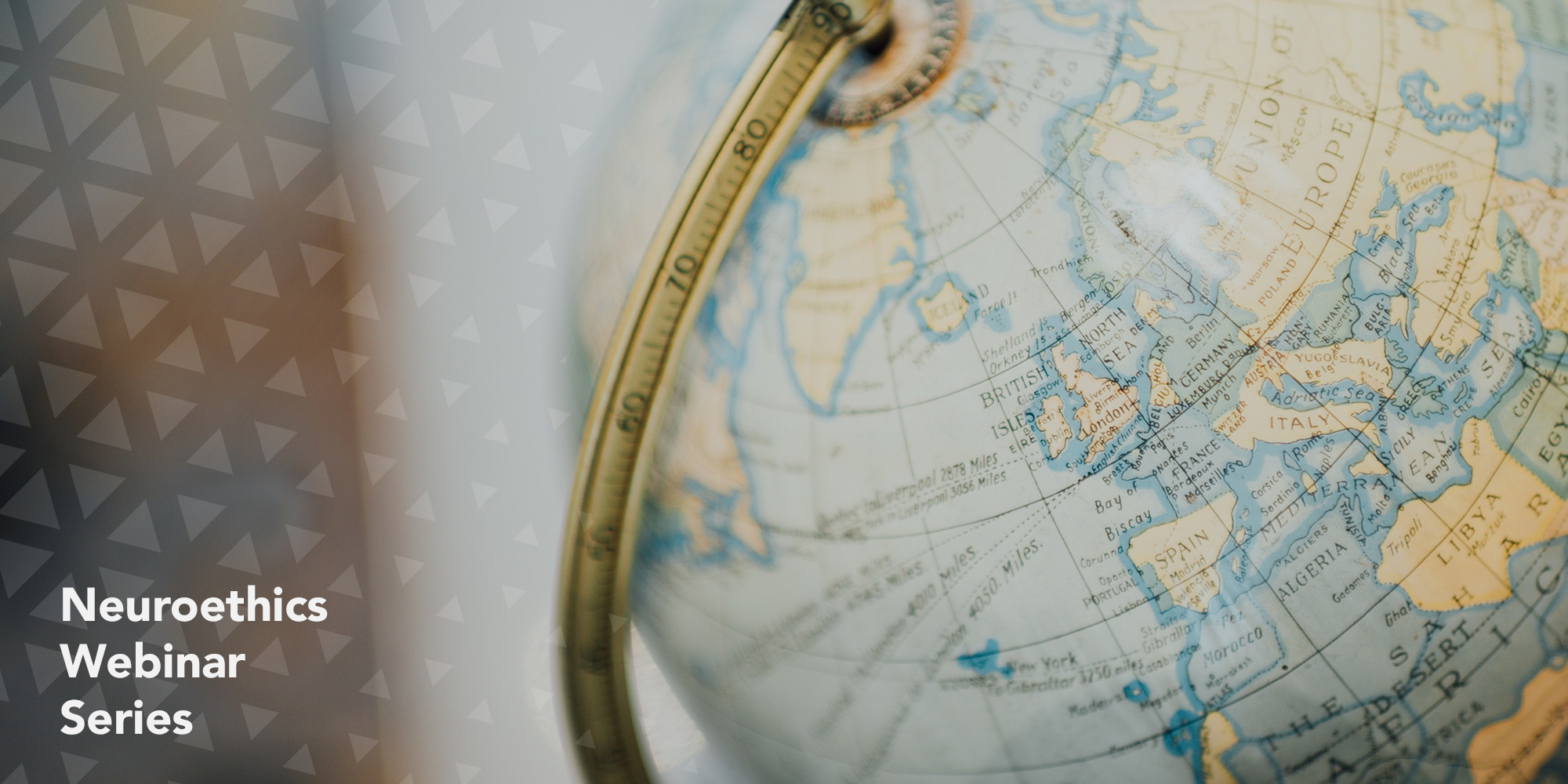 The INS Emerging Issues Task Force organized a 1-hour virtual panel discussion on ‘Culturally-Aware Global Neuroethics.’ Panelists explored the issue of cultivating a culturally-aware global neuroethics, and discussed a range of illuminating examples of global priorities in neuroethics. Some fundamental topics under discussion included: developing culturally-aware neurological assessments in low-to-middle income countries (LMIC), cognitive enhancement techniques and access to such interventions in low resource settings, and the neuroscience of religious experience. Speakers included:
RecordingSpeakers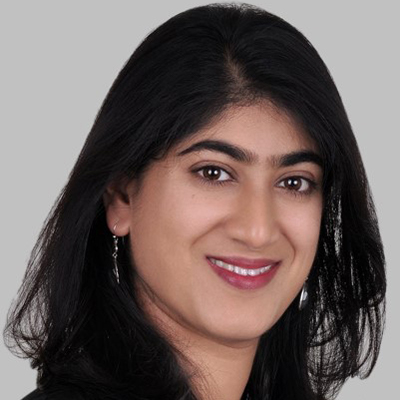 Jayashree DasguptaSamvedna Senior Care / Sangath Jayashree Dasgupta is a clinical psychologist specializing in neuropsychology. Her current research focuses on understanding how detection of neurocognitive disorders across the lifespan and access to treatment can be improved by the use of technology. As a clinician, she has worked extensively with children and adults in hospital and clinical settings, providing cognitive rehabilitation and stimulation therapies. It is this experience which has sparked her interest to explore the ethical issues around cognitive enhancement techniques and access to such interventions in low resource settings.  Karen Herrera FerráAsociación Mexicana de Neuroética Karen Herrera-Ferrá, MD, PhD, is founder and president of the Asociación Mexicana de Neuroética (Mexican Association of Neuroethics). Her research analyzes the biocultural considerations and ethical, legal, and social issues and concerns in the use of neuroscience and neurotechnology in developed, developing, and non-developed countries. 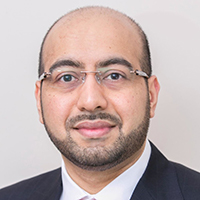 Gulamabbas LakhaUniversity of Oxford Gulamabbas Lakha is a doctoral scholar in the Department of Psychiatry and the Ethox Center at the University of Oxford. He is investigating how faith-based concepts and practices can be harnessed to improve accessibility and adherence to interventions for depression, such as Cognitive Behavioural Therapy and mindfulness-based approaches, with specific regard to depression in the UK Muslim population. He is also interested in the neuroscience of religious experience, comparing EEG neural correlates of an Islamic mindfulness practice (dhikr) and a common breath-based meditation from NHS approved interventions. 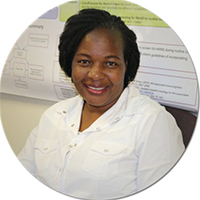 Debra MachandoAfrican Mental Health Research Initiative Dr. Debra Machando is a postdoctoral scholar. Debra’s main research interests are in neurocognitive assessments. Her research interests are in cross cultural adaptation of neuropsychological instruments. Specifically her most recent work aimed to validate and develop norms for a neurocognitive screen for people with acquired brain injury, e.g. stroke. 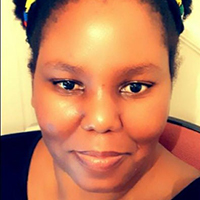 Rosemary MusesengwaUniversity of Oxford Rosemary is a Senior Researcher at NeuroGenE and the Wellcome Centre for Ethics & Humanities. Her research explores the ethical challenges of NeuroGenetics research in developing countries, and ethical reflection on digital inclusion, the digital divide, poor digital literacy, data ethics, acceptability and trustworthiness of digital mental health interventions. Her work focuses on putting ethical reflection at the centre of mental health intervention development for young people in Africa. SupportWe are able to provide free access to Neuroethics Webinar Series events thanks to the volunteer contributions and financial support of our members. Please consider making a donation or joining the Society to help us continue to organize more online events like these. DonateEmail Signup |
